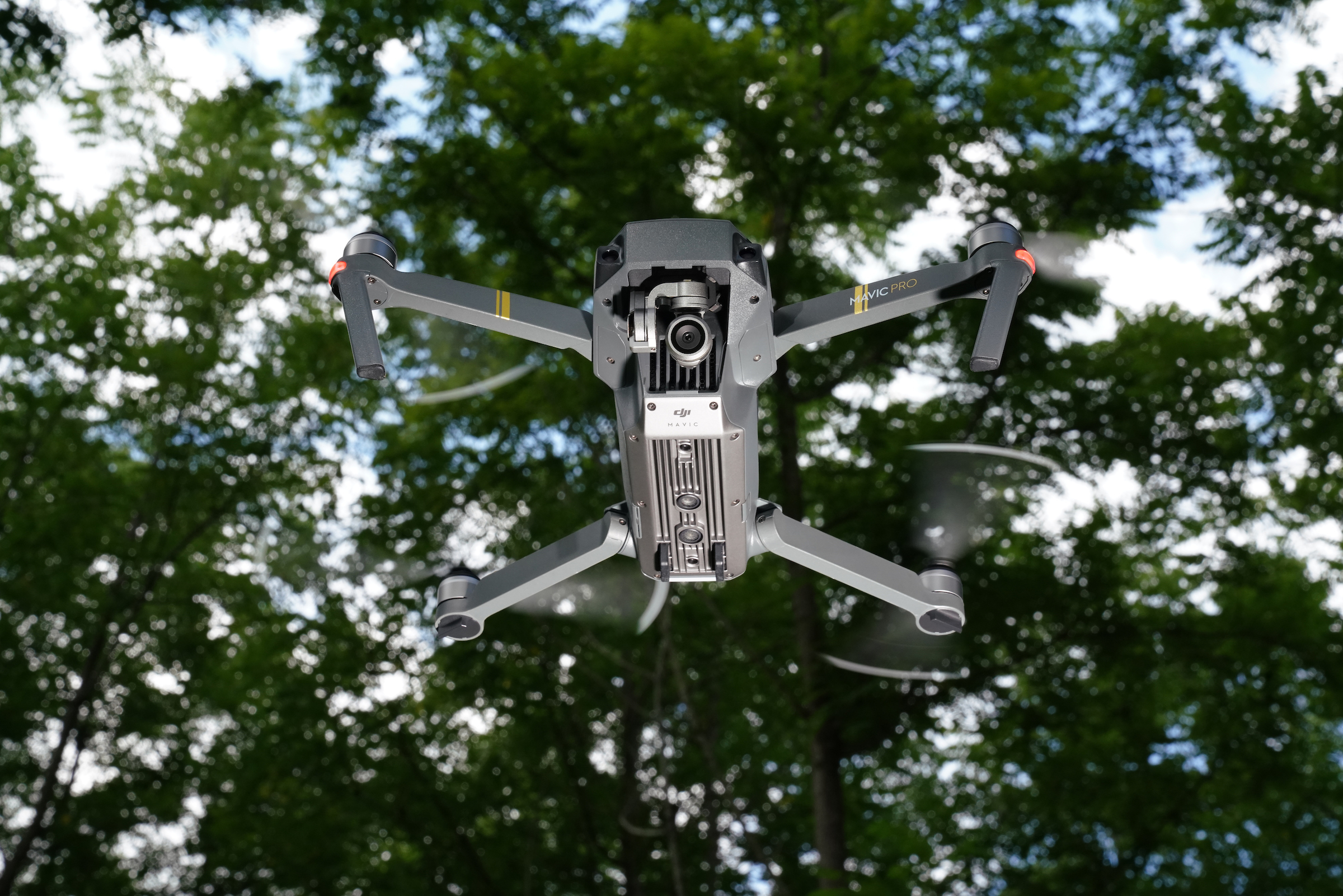Integrated Digital Forestry Initiative
Our multidisciplinary research team is devleoping digital platforms and strategies that will revolutionize forestry and build a globally competitive next generation workforce for the information age.
The team is working to harmonize four key components of digital age technology – Internet of Things (IoT), Big Data, Artificial Intelligence (AI), Edge and Cloud Computing – to advance the following thrusts:
- AI-assisted tree inventory with multi-platform and multi-scale remote sensing data
- IoT, Big Data, and Edge and Cloud Computing enabled precision forest management and optimization
- Large-scale forest health (fire, disease, disturbance) monitoring and mitigation
- Digital technology savvy interdisciplinary workforce education (undergraduate & graduate)

Contact
To learn more about Purdue's Integrated Digital Forestry Initiative, contact Songlin Fei, iDiF director.
Impact
Forests support more than 11 million jobs (many in rural America) and contribute more than 77 billion dollars in timber-based products across the U.S. economy. The hardwood industry has an economic impact of more than $10 billion and supports more than 70,000 jobs in Indiana.
Forests also provide vital ecosystem services, including flood control, carbon sequestration, nutrient management and recreational amenities. Advancing digital forestry can also lead to:
- Improved data and tools for management decisions and policy making
- Enhanced forest sustainability
- Forest risk reduction and mitigation
- Sustainable employment in rural America
Educated workforce for the information age
Taking the Lead
As part of Purdue's Next Moves, Plant Sciences 2.0 includes investments in digital forestry, creating enhanced research opportunities to revolutionize forestry into the digital age.
Plant Sciences 2.0 leverages and expands Purdue Agriculture's expertise in digital agriculture, phenotyping and agricultural economics to add value to plants and forest products by optimizing productivity, nutrition and sustainability traits, coupling these to consumer preferences.
Few universities have grasped the potential for digital forestry as Purdue University has done. Currently, forest inventories in the U.S. mainly are done manually with less than 1% of our forests measured. We're also fighting approximately 63,000 wildfires that burn more than 7 million acres with devastating loss and tolls on human health. Tje same phenotyping tools and digital technologies that will add value to plants will enable worldwide forest analysis, including tree census, mitigation of forest fires and spread of disease.
Scholarly and applied activity in this area will attract agricultural, data science and forest product companies to locate in Indiana to partner with Purdue and others. Employers will seek Purdue Agricutlure graduates who have the discipline expertise, data science skills and entrepreneurial training to meet industry needs.
With Purdue's investments in plant sciences, we will use advanced data analysis to benefit the world by:
- Keeping forests healthy, productive and resilient
- Optimizing forest management for timber, fiber, carbon, water, wildlife and recreation
- Mitigating and monitoring forest fires
- Preventing the spread of disease and pest outbreaks in forests
- Adding value to forest products by optimizing productivity and sustainability traits
- Training a technically proficient workforce